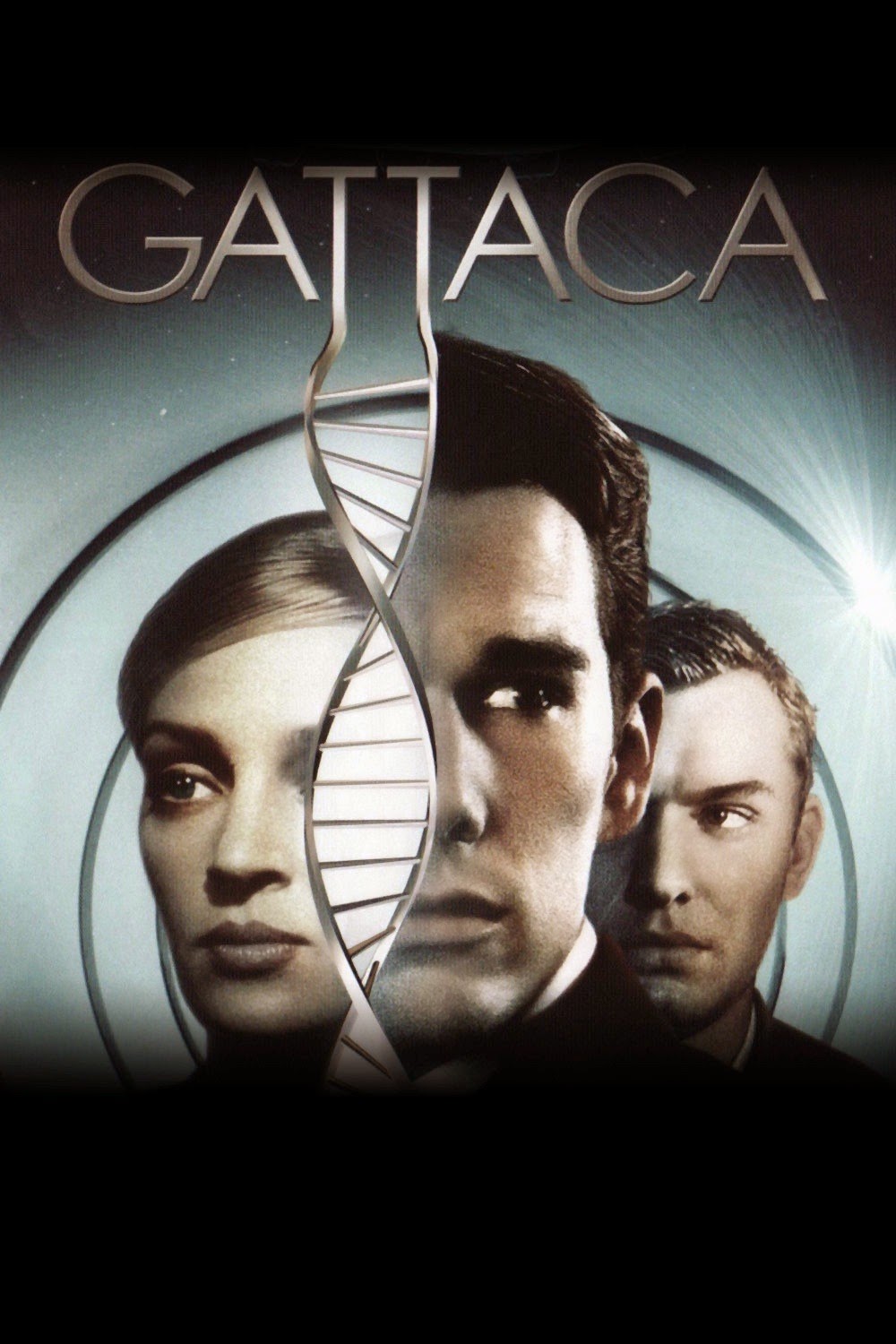And I say GATTACA, not Gattaca, for when writing a DNA sequence you do not capitalize as if it was the name of someone, all letters go either upper or lower case. Or maybe TGTAATC in the complementary strand of DNA. Who knows, since this sequence happens hundreds of thousands of times in a single human genome. And to be clear, it does not have a specific function that we know of.
But speaking about the movie GATTACA, we are one step closer to stop being just random humans (meaning genetically random humans whose genetics have been selected across countless rounds of random mutation and natural selection, from long before we were humans, to a time were our many-great grandfathers were tiny bacteria). Some Chinese scientists have made the first modification using the CRISPR/cas9 method in (non-viable polyploid) human embryos.
The cautionary tale in their publication is that we still have to overcome many technical difficulties, but it will be doable in the near future. Applications besides Hollywood making movies? editing the genome of an embryo so it will not have some (or all) genetic diseases, and making kids look more like Scarlett or Brad according to the parents wishes (and budget).
Ethical implications? you name them. There is a current of scientists that pose we should not go down that path (and for several good reasons, as detailed in the article), but still we will do it. Why? Because when we CAN do something, we do it. It is that simple for humans. For anything imaginable (and I mean anything), if (or when) it becomes doable, you'll always find some human clever/stupid/brave/committed/maniac enough to do it. There's is no stopping this kind of things.
So people better stop saying "do not do it" and start regulating it, and preparing for the outcomes. After all, every single new discovery in the history of humanity can be used for good or for bad. Hence, just enforce the proper environment (laws, conscience, education) to avoid as largely as possible the bad outcome of it.
But then again, what is good and what is bad?


No comments:
Post a Comment